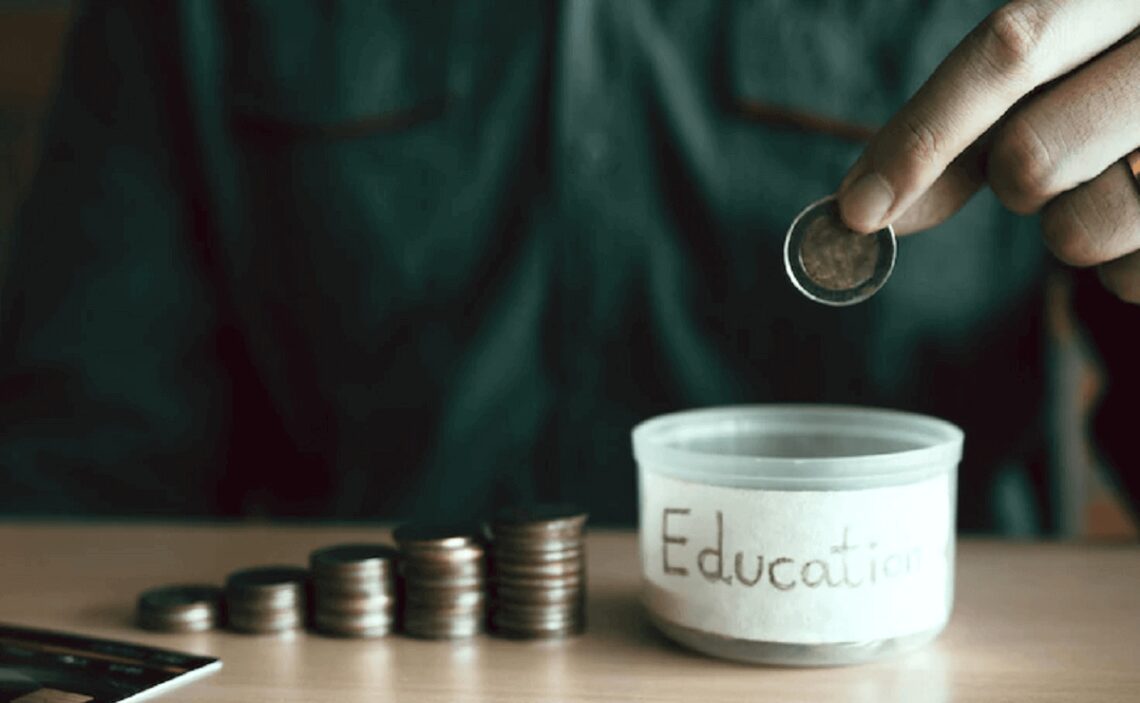According to research, every 1 out of 14 borrowers experiences suicidal mental stress because of the student debt burden. In this intense situation, the public looks for relief from authorities, and that’s what Biden has done― granted relief.
In the political campaign of 2020, President Joe Biden has announced to forgive $16 billion in student loans across the country upon coming to power.
What does canceling student loan debt really mean? Almost every borrower is looking for the answer to know where they stand. Biden presented an excellent reform; however, it is equally essential to understand his policy in detail. In this article, you’ll get an answer to every question.
What Is Canceling Student Loan Debt?
While Democrats were carving out strategies to win the elections, Joe Biden took the storm by offering progressive reform for youth.
During the 2020 campaign, Biden announced $16 billion in debt forgiveness to students who took loans for bearing their educational expenses. The total debt of student loans is $1.6 trillion, out of which Biden has forgiven $16 billion. This figure is distributed in forgiving $10,000 per federal borrower.
The goal is to ease students in their educational journey by canceling their debt. Similarly, this initiative enables families to spend that money on other sides like building homes and improving lifestyles.
Since the breakout of the pandemic in 2020, the loan repayment deadlines were paused for two years and will resume in May 2022. This will give borrowers a hard time looking at their financial status.
Who Is Eligible For ‘Forgiveness’?
While canceling student loan debt is a piece of great news for the public, it is also important to know who meets the requirements to avail of it. While considering Biden’s decision, it was found that this opportunity is only available to federal borrowers.
Students or employees who took a loan from federal or public lenders are privileged to take this opportunity. Contrary to this, students who took loans from private institutes or banks cannot discharge their debt. Why? Private banks are not regulated under federal authorities, so Biden cannot exempt borrowers from the principal amount interest rate levitated by private sources.
Democrats started a movement to cancel debt for every student; however, Biden is advocating for federal borrowers only. This is due to expected administrative challenges.
Difference Between Forgiveness, Discharge, And Cancellation
Although forgiveness, discharge, and cancellation refer to the same concept by some authorities, they have different meanings.
Each term has a specified practical approach, and it is as follows.
- If you’re no longer asked to repay the student loan amount, it is considered Forgiveness.
- It will be considered a Discharge if you’re no longer asked to repay the student loan amount under special circumstances like death or disability.
- Similarly, “Cancellation” is the movement started by Democrats. According to them, Biden should cancel student debt loans for every student. They shouldn’t be discriminated against as private or federal borrowers.
Contrary to this, Biden is the sole advocate of federal borrowers. He has laid several rules while canceling the debt loan. Such as, only students who took a loan from national monetary institutes are qualified for the program. Their loan is waived off under the Public Service Loan Forgiveness (PSLF) program overlooked by the Department of Education (DEA).
These loans are directly taken from the nation’s treasure and directly impact the economy. Experts say if Biden cancels loans by $10,000 for each student, it would cost the country a debt of $950 billion. No matter how low Democrats consider the impact, it is a huge figure as the government’s total budget is $6.1 trillion this time.
Impact Of Canceling Student Debt
Let’s be unbiased on this; here are both impacts of this policy on the country.
-
Positive Impact
Although most borrowers have a debt of more than $10,000, any forgiveness will leave a great positive impact financially. One of the biggest flexes is it could be used for other purposes like purchasing a new home, improving lifestyle, improved health plans, etc.
Since COVID-19 hit America, the paused repayment schedules for two years are resuming in May 2022. And any relief on this point would be a blessing for a student.
-
Negative Impact
This policy will benefit students on the one hand―it will also leave a negative impact on the economy on the other hand since federal loans are directly taken out of national treasures, so it will depreciate the country’s assets to a massive extent.
Then, the government will have to arrange appropriate alternatives to fill up the deficit. Similarly, this policy will give undue benefit to some privileged classes.
Taking it from here, those who did not finish university or are already in trouble relating to student loans may also complain. Furthermore, student loan debt forgiveness or cancellation does little to alleviate the current high cost of a college education.

The essential springboard into the job market for school leavers, students and graduates.
The AllAboutGroup have worked across more than 1000 campaigns with HR teams from over 250 firms over the last decade as their partners to help them solve problems across all parts of the recruitment process.


